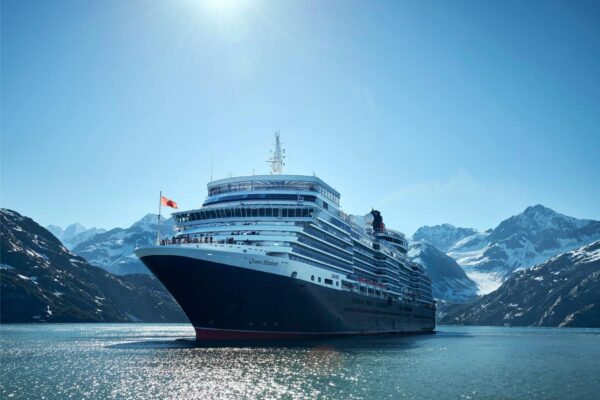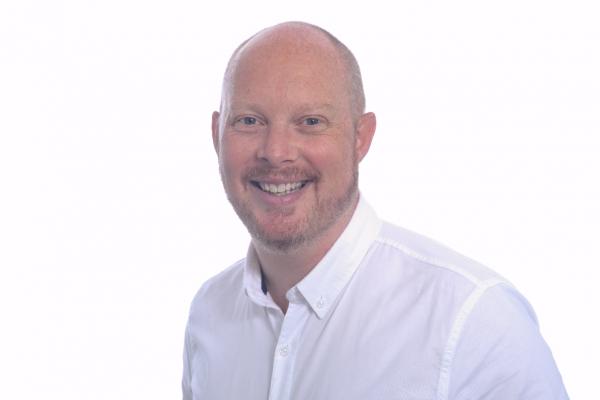Traveltek chief commercial officer Cressida Sergeant stresses why the complex nature of technology requires patience and understanding from all parties.
I often get asked how long a job will take, or I’m told by customers that something complex will only, in fact, take five minutes to completed.
If I had a pound for every time someone said either of these things to me, I would be very a rich person. However, the reality is, it is a constant challenge and a constant source of frustration on both sides of the commercial and technology world.
Technology is complex. It’s been described to me as an art.
In the cruise and travel world, we are often dealing with interdependencies with multiple complex systems. It takes time to understand how systems talk and interact with each other.
Then there is the integration, careful testing and deployment (making the technology live). This takes technical expertise to carefully manage any potential risk and the ultimate goal is to not impact system performance for clients or for the end customer.
Part of this process will also involve UAT, which is user acceptance testing.
This requires the client to fully test the system to ensure their credentials with suppliers are working and that the system can perform end-to-end testing and is fully functional. All of this means there is no such thing as a five-minute job.
Test technology it to the limits
It is crucial that a client dedicates time to UAT when they are asked. If you miss this slot, your technology partner can’t wait for you.
This is mainly for two reasons: testing needs to be fast; leaving a system for months and then picking it back up is not good practice and will lead to a host of issues.
Secondly, the technology company will have other work planned, so aligning schedules will become difficult and they have every right to charge you again for having to repeat this work.
The second point around work schedules is also a challenge for technology companies providing timelines. Technology planning is intricate and requires balancing multiple priorities, client expectations and resource constraints.
At Traveltek, the teams will plan ‘sprints’ for every two weeks, when we do not change our priority. Also, every day there is a ‘stand up’ to remove blockers, check as a team we are on track and highlight any risks or help needed.
This can involve assistance from third parties such as when we need information from a cruise line or an answer direct from a customer. Our technology teams will manage this communication through a project manager or account manager.
With technology, there is always limited resource. It is therefore important to have clarity on priorities and keep to schedules.
As a technology partner, it is our job to plan schedules, leave space to deal with emergency fixes and requests but also communicate that no job is small. It’s a complex world, with often a lack of understanding about the processes.
Technology companies need to do a better job of explaining how they navigate their schedules and why, but customers also need to respect the process and adapt. We work in technology; we are not magicians.







